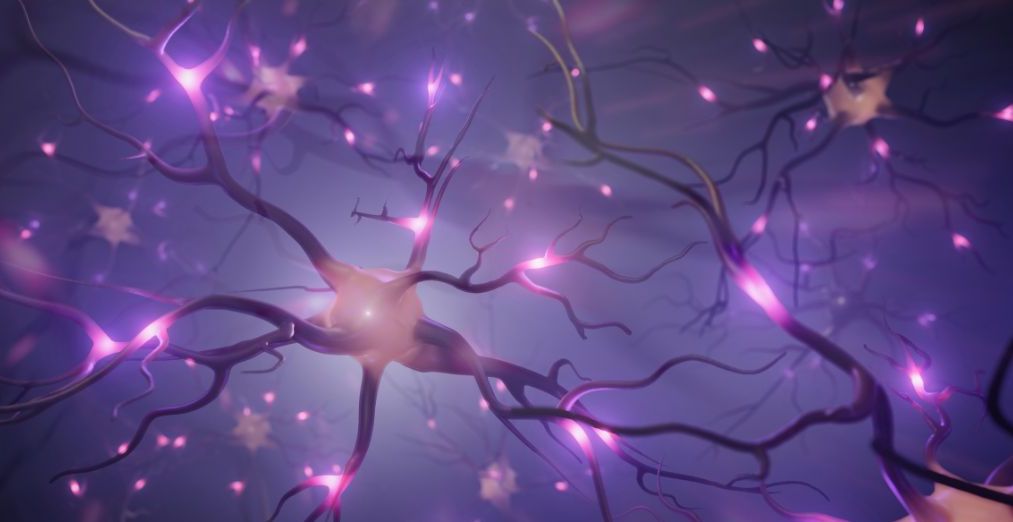
What are emotional triggers?
Here’s a brief explanation:
Have you ever felt suddenly overwhelmed by frustration, sadness, or anger because of something someone else said or did? Maybe a coworker’s tone made you feel incompetent, or your partner’s lack of presence during a conversation left you feeling unimportant.
You probably know that feeling very well, like a switch was flipped inside you, and now your mood has completely changed, and it’s not very pleasant!
Key takeaways from this article
Understanding Emotional Triggers
- Emotional triggers arise from past experiences.
- Reactions often reflect personal perceptions more than the current situation.
The Impact of Suppressed Emotions
- Suppressing emotions can lead to anxiety and discomfort.
- Acknowledge and process emotions to avoid negative reactions.
Healing and Personal Growth
- Awareness of triggers is the first step toward healing.
- Recognizing wounds helps in rewriting personal narratives.
- Embracing emotions leads to freedom and wisdom.
Managing emotional triggers

Look within, and you’ll find keys
I used to get triggered a lot when I was around people. It’s important to recognize that sometimes, our emotions reflect our own perceptions and feelings more than they reflect those of the people around us.
How to stop being triggered
As mentioned earlier, awareness of our inner environment is key to stop being triggered. Often, we need to question the stories we tell ourselves. Sometimes, it can help to take the edge off our triggers by allowing ourselves to have the same behavior as the person who triggered us. For example, allowing ourselves to also be late.
Let’s explore this further, as trigger awareness can lead to significant improvements in our lives and relationships.
Why do I get triggered so easily?
It would be nice if we could just avoid the people who push our buttons, right? But the truth is, when we have some ”sensitive buttons” within that can easily be triggered, even if we escape one person, another person will eventually come along and do the same thing, or at least similar. That’s because our emotional triggers aren’t created by others, they’re rooted in the stories we tell ourselves, often without even realizing it.

Understanding your brain + triggers
Our brains are wired to protect us. When something painful happens in our past, our mind creates a story to explain it, hoping to prevent us from experiencing the same hurt again. But over time, these stories can trap us. They make us react emotionally in situations that don’t actually reflect a real threat.
All triggers do not come from inner wounds
Sometimes we are triggered by events that go against our morals and values. In these cases, our reactions are not related to our past wounds; rather, our potential anger comes from our hearts and spirit and can lead to positive change, such as standing up for someone.
How a trigger can be created by traumatic events
Let’s use my made-up persona, Lisa, as an example.

When Lisa was a child, she would sometimes express anger – just like any kid does! But her parents could not meet her feelings and told her she was being spoiled.
They didn’t mean to cause her harm; it was just how their parents had raised them, and they followed in that generation’s footsteps.
Shaming and suppressing needs: A root cause of triggers
Instead of learning to process her anger in a healthy way, Lisa learned to feel ashamed of it. She buried it deep down, believing that if she showed anger, she would be rejected just like her parent did.
How childhood triggers cause anxiety as adults
In adulthood, Lisa now finds herself feeling extremely uncomfortable when someone else expresses anger. It makes her anxious, but we also does not feel like people ”have the right” to be angry and feel like they are doing something wrong, and she doesn’t connect it to her past. She just knows she “hates” when people get angry. Her reaction isn’t about them. It’s about the parts of herself she was forced to suppress long ago.
Anger as a triggered response can lead to an unwanted outcome
Anger is a normal and healthy emotion that we should feel and express when it arises in us but in a constructive, nonviolent way. It serves a purpose in driving necessary change. However, it is important to remember that it should never be an excuse for immature or unkind behavior toward others.
Suppressed anger can really create issues for an individual, so it’s important to learn how to cope with this emotion in a beneficial way. Lashing out at people is not a very helpful way.
Healing emotional triggers

How to recognize your emotional triggers
We look in the mirror daily and see our physical reflection—our eyes, mouths, and features. But what we don’t see are the invisible wounds we carry inside, the ones stored in our subconscious, shaping our perceptions of the world, our lives, and our relationships with others.
Download my workbook on How to Reduce Anxiety by Healing the Root Cause of Your Triggers.
Emotional triggers in relationships
Our invisible wounds don’t just disappear. Instead, they show up as triggers—our emotional reactions to others in our relationships.
Read more about How to Regulate Your Nervous System.
Self-awareness and emotional triggers
Here’s the game-changer: When someone triggers you, they’re actually doing you a favor, a hidden gift.
They’re shining a light on an old wound you may not have realized was still there. Yes, it might hurt, and you might get dysregulated and out of balance.
But that pain or uncomfortable feeling is an opportunity. Because once you recognize the wound, you can finally start to heal it.

How to work through trauma triggers
Rewriting your story
Once you become aware of your emotional triggers, you can begin to change the narrative you’ve been telling yourself. You don’t have to be ruled by past pain. Often, we feel hurt because of the story we subconsciously tell ourselves, not what actually happened. You can choose a different story when you’ve identified the old destructive one.
Emotional regulation
You can allow yourself to feel and accept the emotions you once suppressed. When you do, you process them and release them.
And when you do that? You become freer and wiser.
Disclaimer: We are not always triggered by our wounds; sometimes, people do things to us that are really not okay, and it’s not about our ”feelings.” Discerning these things is a huge part of our personal and spiritual journey.
What does inner healing mean when it comes to triggers?
Healing is about knowing how to use life’s lessons and pain to grow. Triggers play an important role since they point out inner invisible wounds we carry inside our subconscious mind, affecting our everyday lives. Carl Jung talked about these wounds as Shadows and important parts of ourselves that we can’t see.
You live more fully
Through triggers, we can spot our wounds and heal them. This is what brings you closer to your most authentic, free, and powerful self. Releasing fears automatically leads to being more in our hearts and living more fully.
When you heal your triggers, you’re no longer controlled by old wounds. Instead, you step into a life where you’re not a victim of your emotions and reactions.
Your trigger response will be shorter
Healing our triggers does not mean we are never affected by any events again; we are human, but we become much better at handling our emotional state and become less dysregulated than before, so there is so much freedom (and more peace) to be gained.
So next time someone triggers you, pause for a moment. Instead of reacting, ask yourself: What is this trying to teach me? The answer might just set you free.



